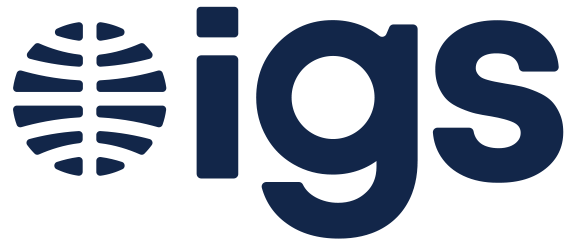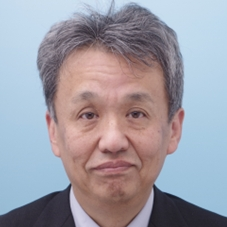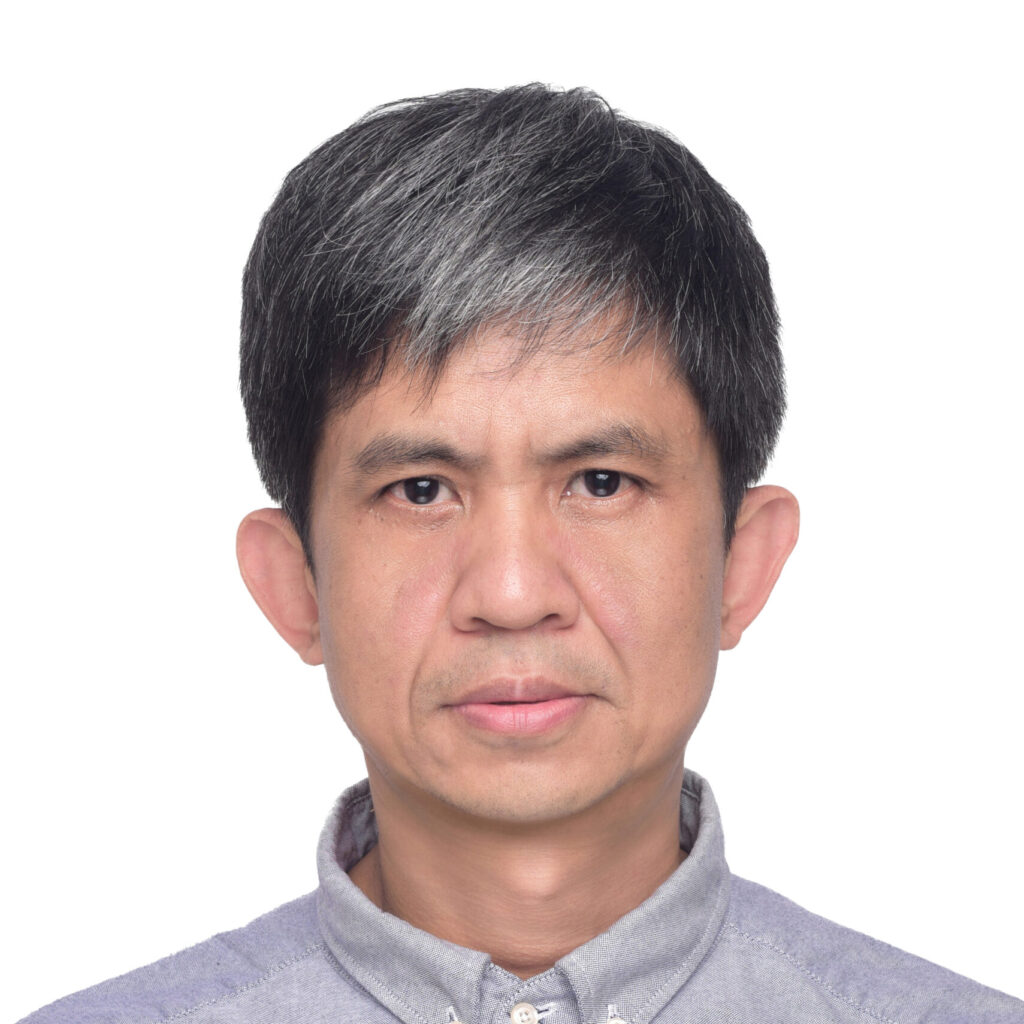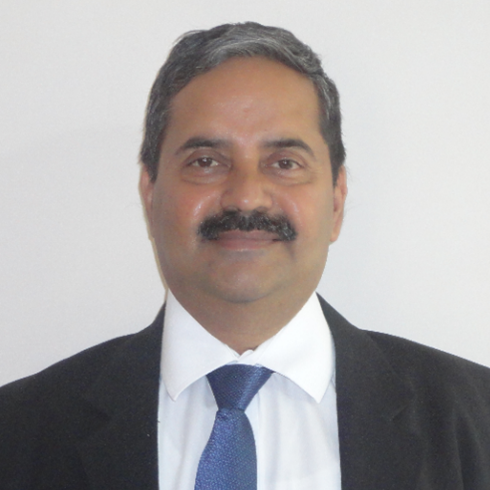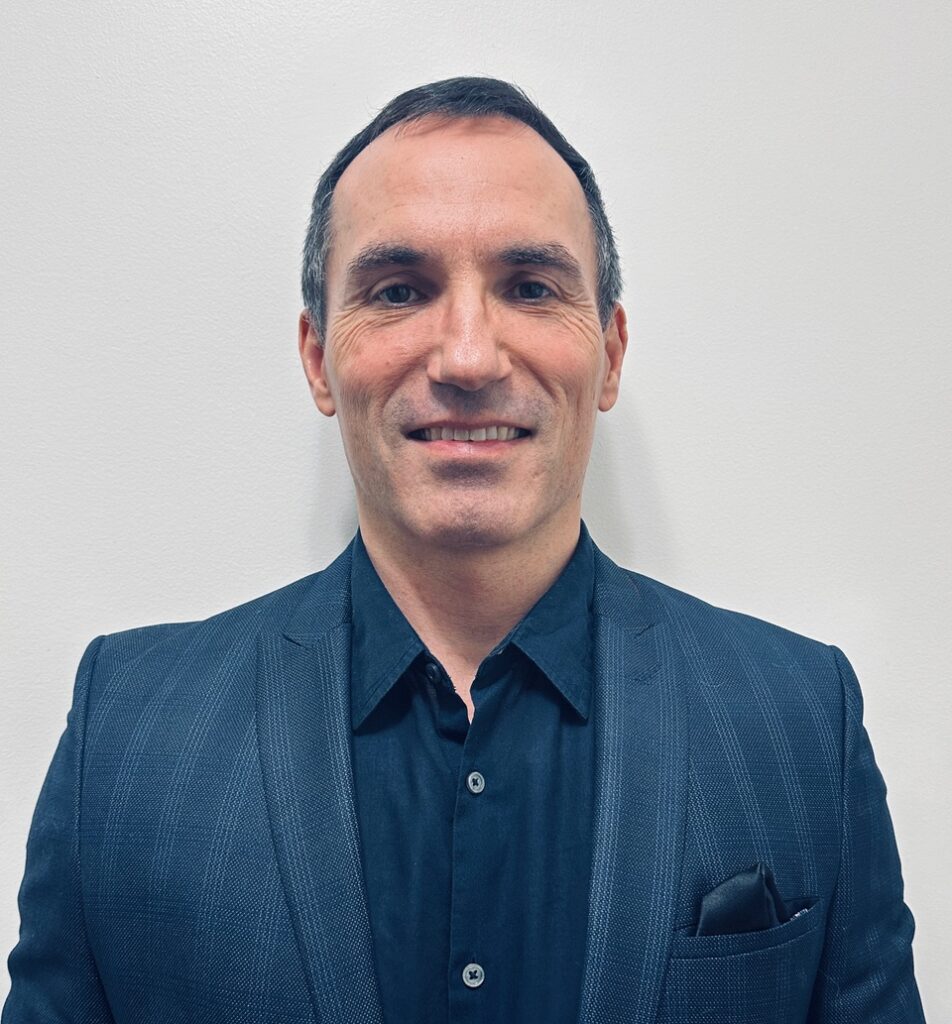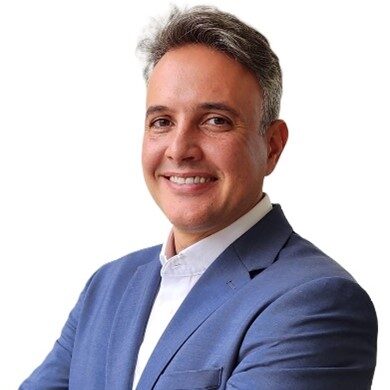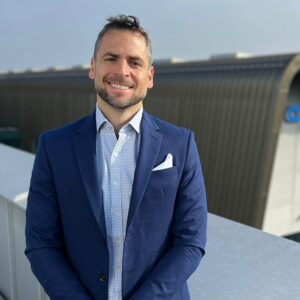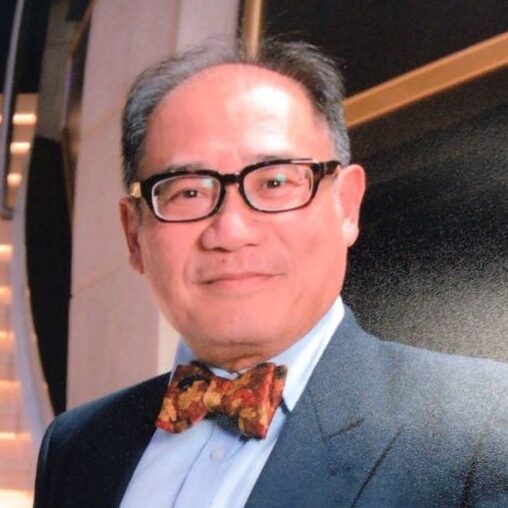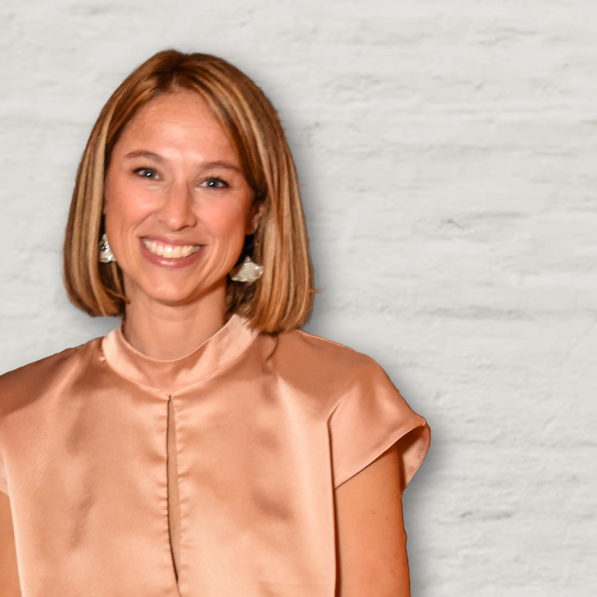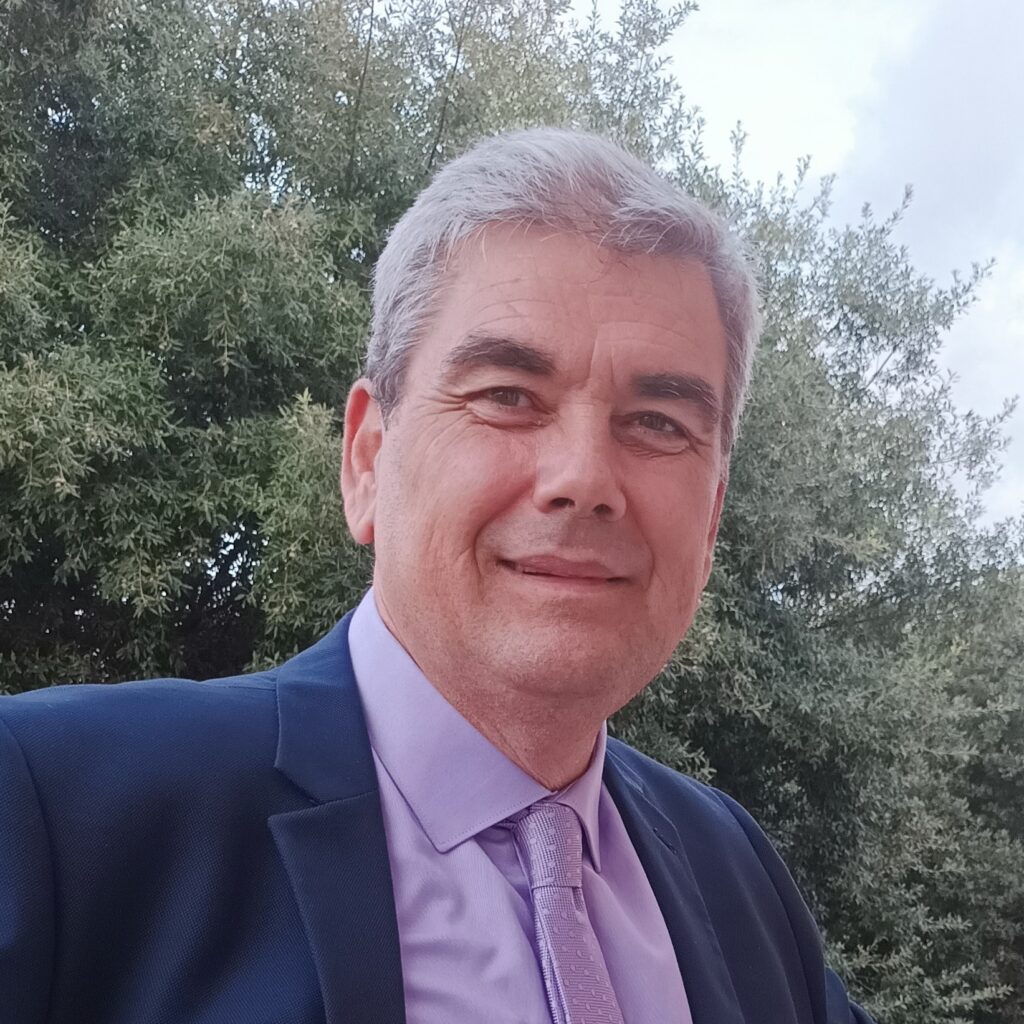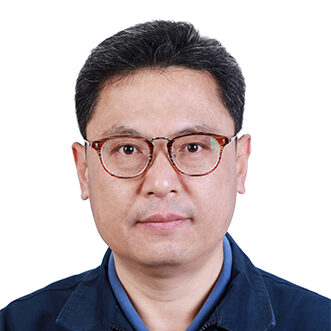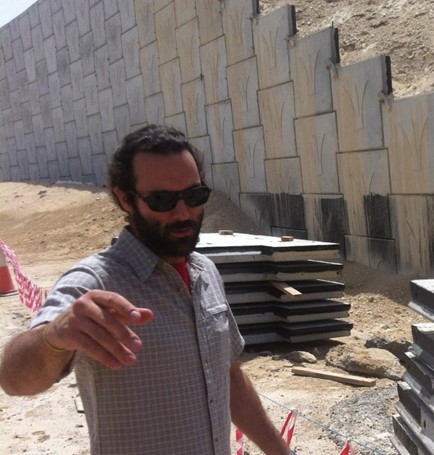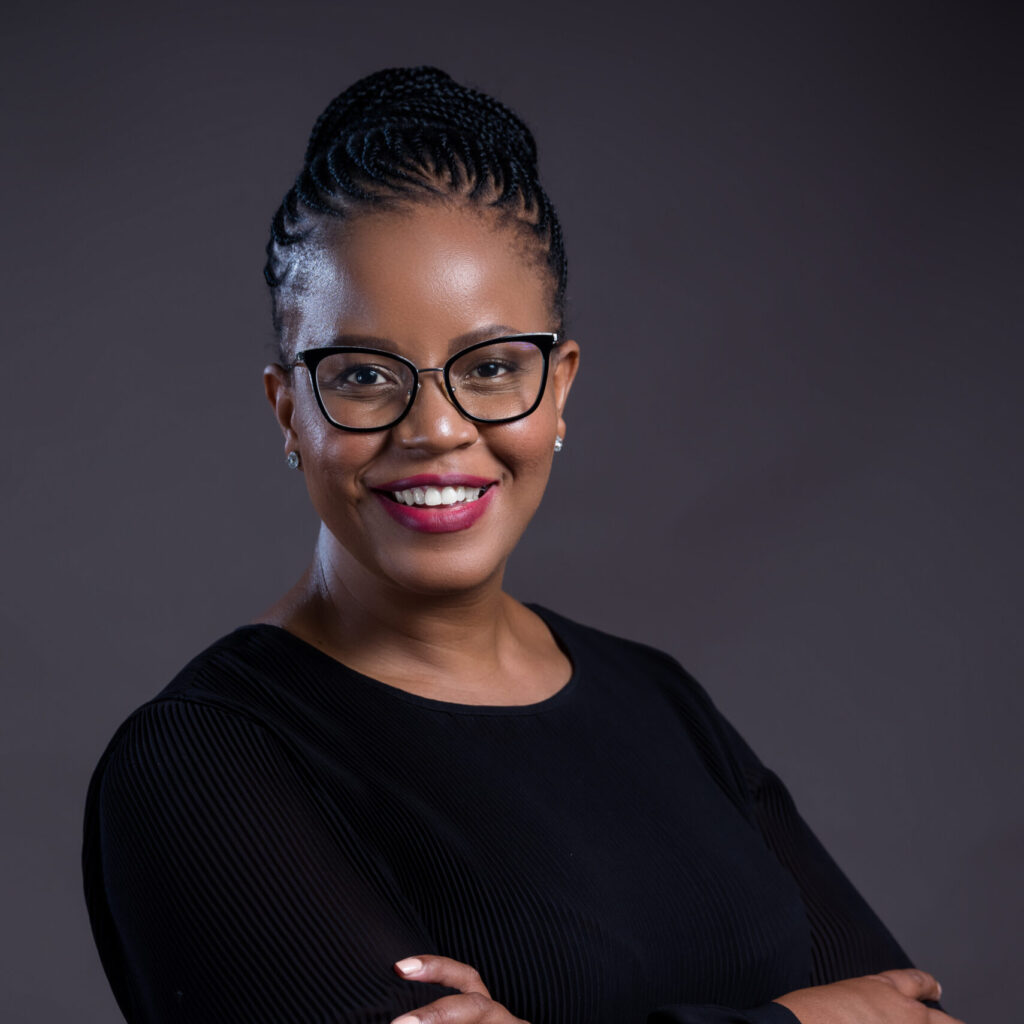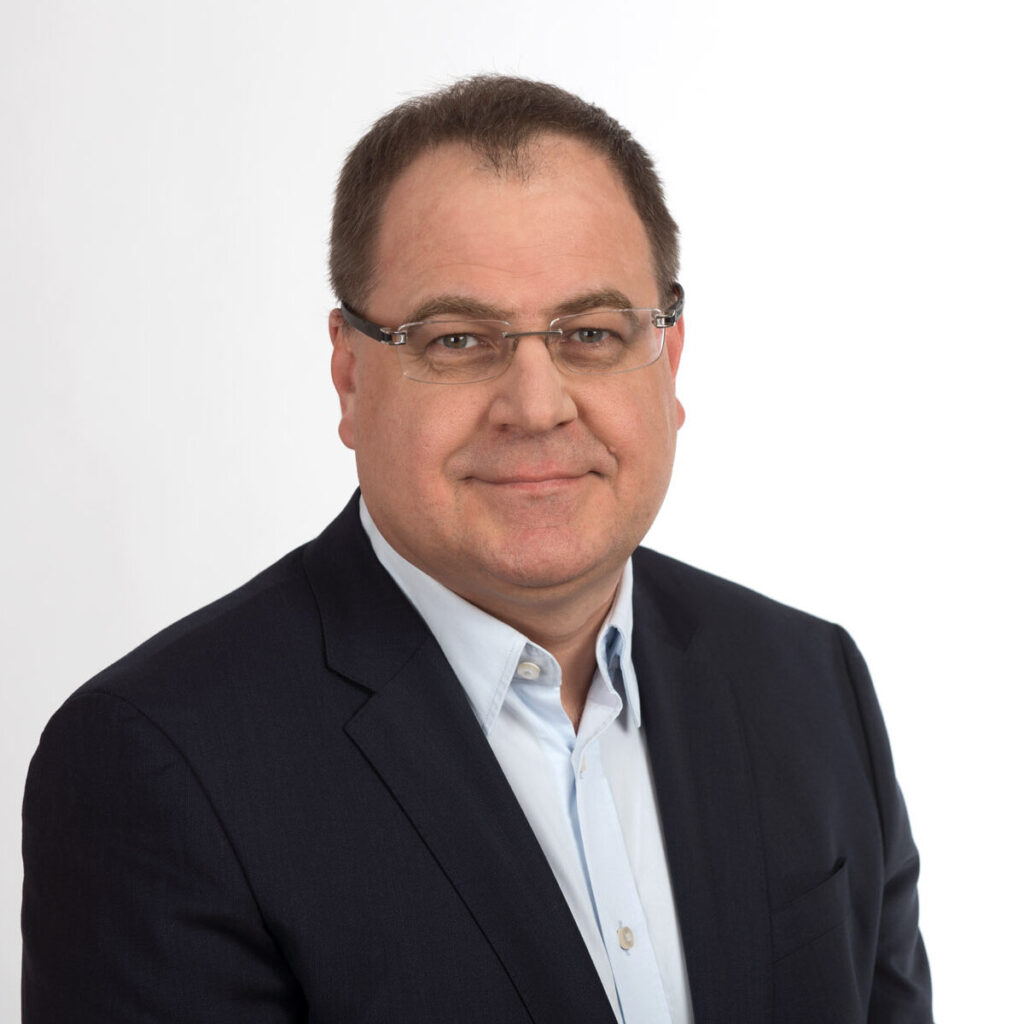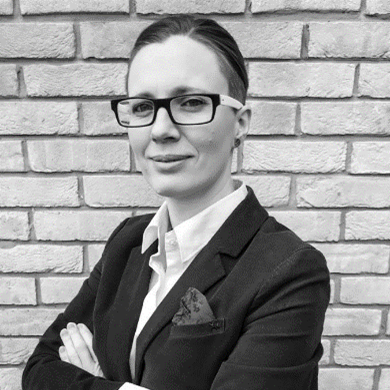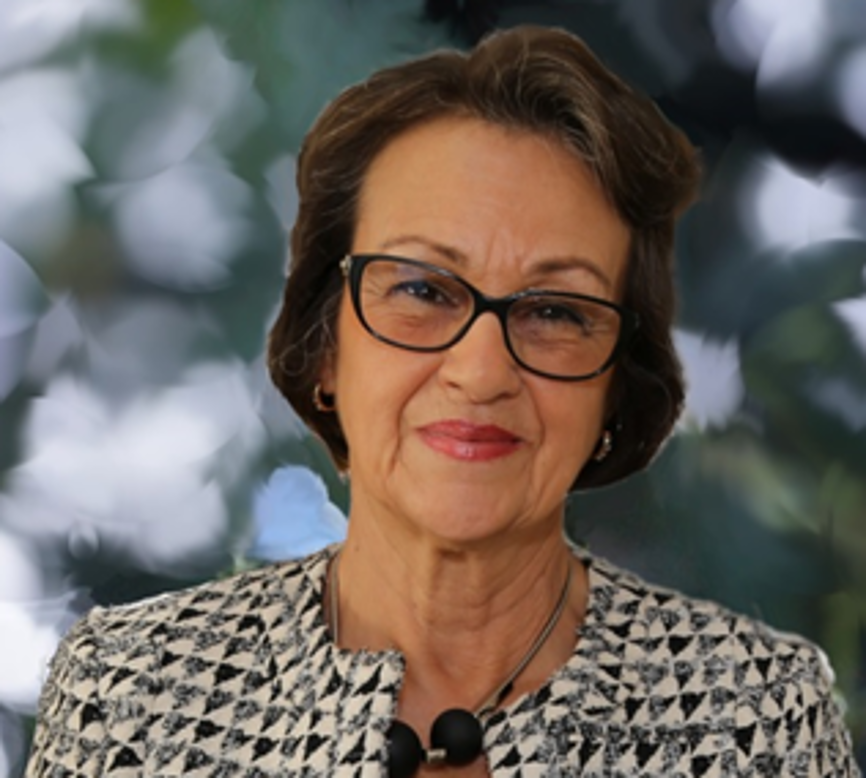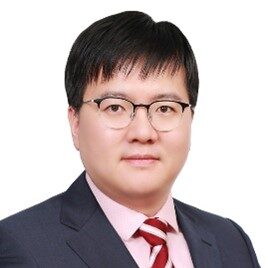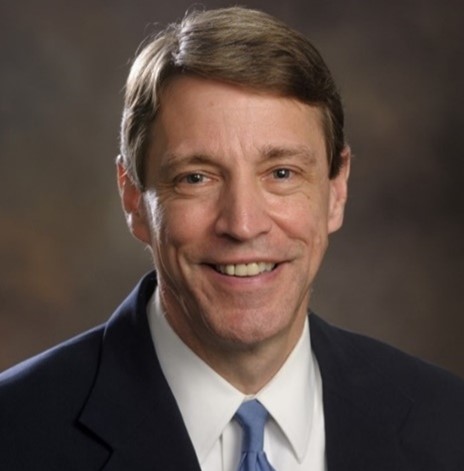Geosynthetics are a relatively new discovery for young engineer Preanca Appanna. Here, in our regular series talking to the next generation of engineers, Preanca shares how she got involved in the industry and her future ambitions.
Hi Preanca! Please tell us a bit about yourself.
Hello! My name is Preanca Appanna, I’m 28 and currently in the process of immigrating from Johannesburg, South Africa, to London, UK. I graduated in 2016 with a BSc Engineering (Civil) from the University of Kwa-Zulu Natal and I am currently employed as a civil engineer with Knight Piésold in the mine residue department.
Tell us a bit about your journey to where you are now.
I have always been interested in the built environment and knew, from early on in my schooling career, that I wanted to develop in a dynamic and challenging field. I was first introduced to civil engineering through the South African Institute of Civil Engineering’s Bridge Building Competition which led me to pursue my undergraduate qualification.
My career started in the water sector, specifically bulk water pipelines, however after two years I decided to make the switch to mine residue and have not looked back. I discovered a passion for tailings dams and all the challenges that come with them.
Tell us about your interest in geosynthetics.
My interest in geosynthetics is a recent discovery! I was assigned as assistant resident engineer on a tailings storage facility. My main responsibility was the quality assurance of the barrier system, which included both a geomembrane and geotextile. During my time on site I was able to appreciate the intricacies of working with geosynthetics and this piqued my curiosity in the field. I have so much more to learn about geosynthetics, but I am eager to get started.
What was your experience in the first three to six months in your job? Was it what you expected?
The first six months in the civil engineering industry was not what I expected – it was better. I was fortunate to be surrounded by senior engineers who took the time to mentor and guide me during the early stages of my career. I went in prepared to learn and soak up as much knowledge as possible, and this is what I did, and continue to do.
My first six months in the geosynthetics industry was similarly challenging. I definitely underestimated the intricacies of geosynthetic production, quality controls and quality assurance. My initial period involved a lot of self-teaching and research.
What do your day-to-day tasks involve?
As a site representative working on an HDPE geomembrane barrier system, my daily routine involves site diaries, quality assurance of trial welds, destructive and non-destructive tests, repairs, and overall integrity of the barrier system. A large part of my responsibility is to ensure accurate record-keeping is in place. I supervise both the main civil contractor and the sub-contractors.
What are you looking forward to most in your career?
I am about to join our UK office and I am looking forward to the exposure this move will provide me. I am really excited to work on projects in climates vastly different to those I have previously been exposed to.
What are your long-term ambitions and goals?
I think my greatest ambition is to be able to obtain enough knowledge and experience so that I can design any type of mine residue facility safely and efficiently. I would like my knowledge to stretch across all sectors of the built environment.
Do you have any advice or top tips for those considering becoming an engineer or applying for their first job?
Commencing a career as an engineer can be overwhelming, there is so much to learn, and the industry is constantly evolving. Remind yourself of the reason you started this journey. I have learned that attitude is everything. We will never have all the answers to every question but maintaining a willingness to adapt and learn will never let you down. Also, have fun!
Did you do work experience or an internship, and would you recommend this?
Yes! I would definitely recommend taking on an internship or work experience if the opportunity presents. I was fortunate enough to work at Knight Piésold during most of my undergraduate vacations. I found that the gradual introduction into the industry was far more beneficial to me than being thrown headfirst into the unknown. I also identified a few of my mentors during this period, which has been invaluable in my career.
What do you wish you knew before starting your first engineering job?
I started off my first engineering job averse to acknowledging when I didn’t know something. I wish I knew then that that is expected as a graduate and does not mean I would become a bad engineer. Asking questions saves everyone time and money. Also, keep those undergrad textbooks on hand, they become your lifeline.
Anything else you would like to add?
I would like to thank the IGS and Edoardo Zannoni for giving me the opportunity to participate in this interview. Good luck to all those starting off their careers in engineering!
**
You can learn more about the IGS Young Members Committee here.
Would you like to feature in our Young Engineers’ Q&A? Email your details to youngmembers@geosyntheticssociety.org.

